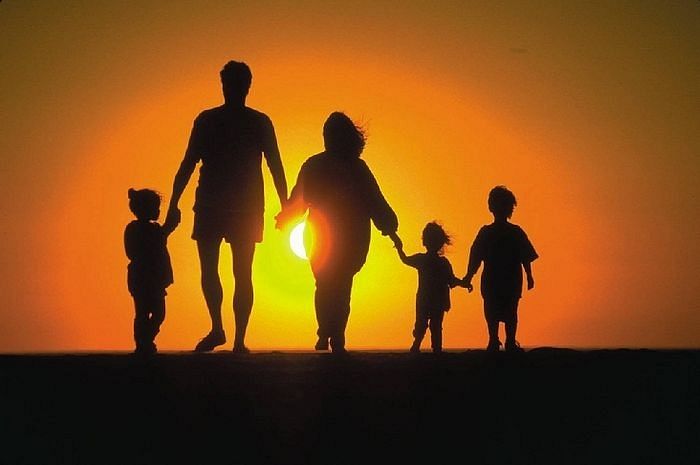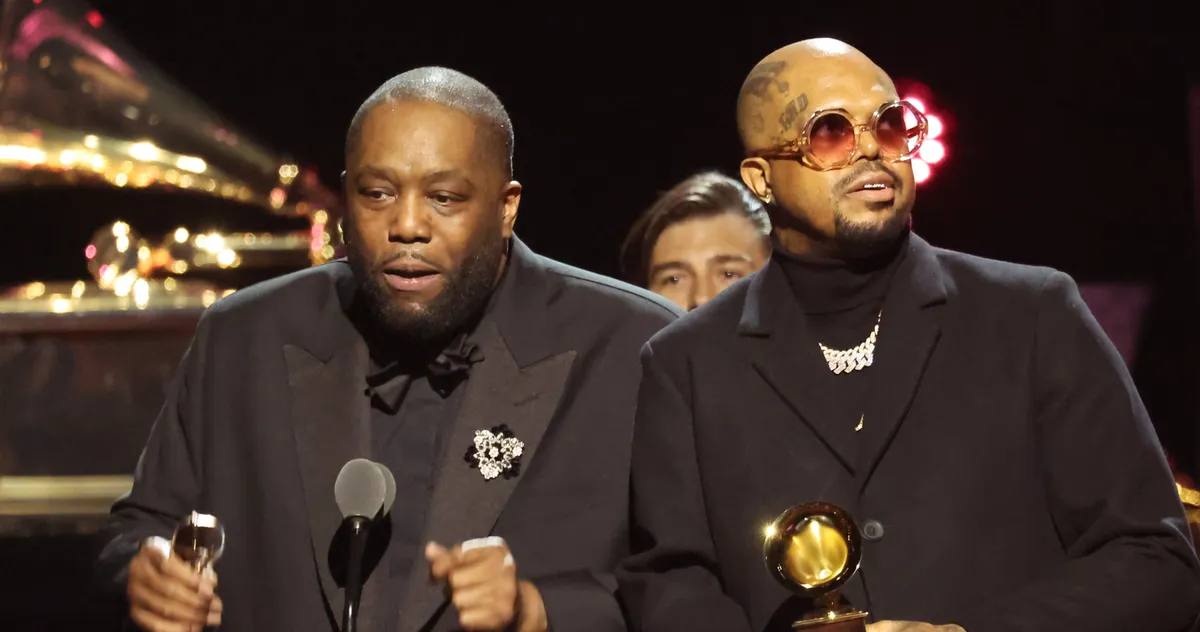Killer Mike
In the ever-evolving landscape of hip hop, there are artists whose impact transcends the realm of music, influencing culture and inspiring change. One such figure is Killer Mike, whose name has become synonymous with activism, entrepreneurship, and unapologetic social commentary.
Early Life and Background
Born Michael Santiago Render on April 20, 1975, in Atlanta, Georgia, Killer Mike‘s upbringing was shaped by the vibrant culture of the South. Growing up in the midst of social and economic challenges, he developed a keen awareness of the injustices plaguing his community from an early age.
Rise to Fame
Killer Mike’s journey into the spotlight began with his affiliation with OutKast’s Dungeon Family collective. His raw talent and distinctive voice caught the attention of industry insiders, leading to collaborations with renowned artists such as OutKast and Jay-Z. In 2003, he released his debut album, “Monster,” laying the foundation for a successful solo career.
Activism and Social Commentary
Killer Mike’s activism extends beyond his music. He’s known for his powerful speeches and interviews addressing issues like police brutality, systemic racism, and economic inequality. His involvement in grassroots movements and political campaigns reflects his commitment to effecting real change in his community and beyond.
Business Ventures
Aside from his music and activism, Killer Mike has delved into various business ventures. One notable endeavor is his involvement in the barbershop industry. He co-owns several SWAG Shop locations, which not only provide grooming services but also serve as community hubs where people can engage in meaningful conversations and connect with one another.
Additionally, Killer Mike’s foray into the film industry with “Barbershop: The Next Cut” showcases his entrepreneurial spirit and his desire to tell stories that resonate with audiences. Through these ventures, he’s able to create opportunities for economic empowerment and community development.
Music and Message
Killer Mike’s music is characterized by its authenticity and depth. He’s known for tackling complex issues such as racial discrimination, economic inequality, and the struggles of marginalized communities. His lyrics are thought-provoking, often challenging listeners to confront uncomfortable truths about society while offering messages of hope and resilience.
Furthermore, Killer Mike’s collaboration with rapper and activist El-P in the duo Run the Jewels has garnered critical acclaim for its socially conscious lyrics and innovative production. Together, they’ve created music that transcends traditional boundaries, resonating with audiences of all backgrounds and ages.

Personal Life and Family
Despite his fame and success, Killer Mike remains deeply rooted in his personal life. He’s a devoted husband and father, prioritizing his family above all else. He often speaks about the importance of maintaining strong family bonds and instilling values of resilience and perseverance in his children.
Balancing his public persona with his private life hasn’t always been easy for Killer Mike, but he approaches it with grace and humility. He understands the importance of authenticity and staying true to oneself, both in his music and in his personal relationships.
Legacy and Influence
As Killer Mike’s career continues to evolve, his impact on hip hop and popular culture only grows stronger. He’s not just an artist; he’s a voice for the voiceless, a champion for social justice, and a beacon of hope for those seeking change. His legacy will endure for generations to come, inspiring future artists and activists to follow in his footsteps and use their platforms for good.
Conclusion
In conclusion, Killer Mike stands as a beacon of hope and resilience in a world fraught with adversity. Through his music, activism, and entrepreneurial spirit, he continues to challenge the status quo and advocate for a more just and equitable society. His legacy serves as a reminder of the power of art to incite change and uplift marginalized voices.

